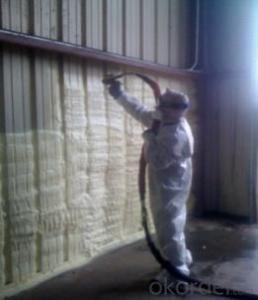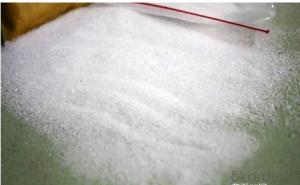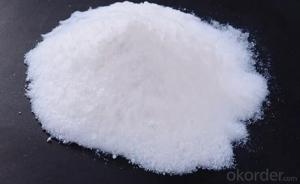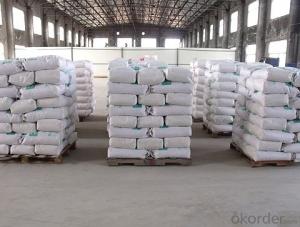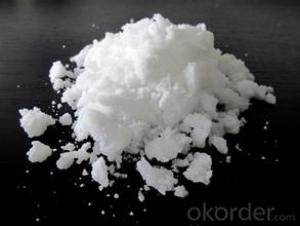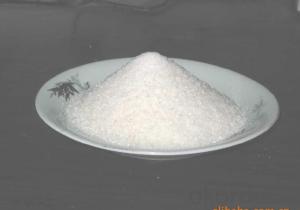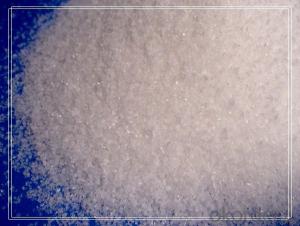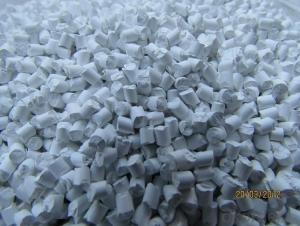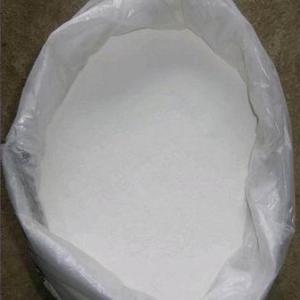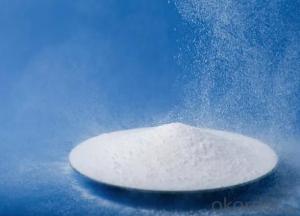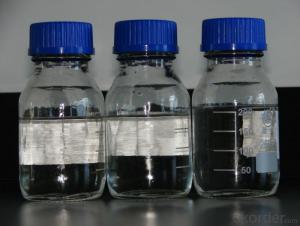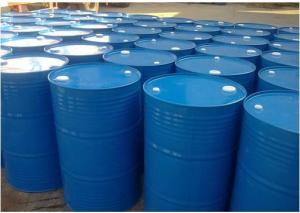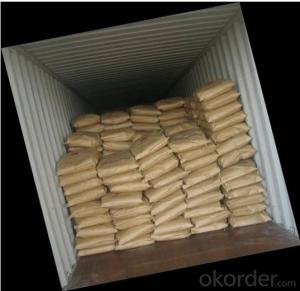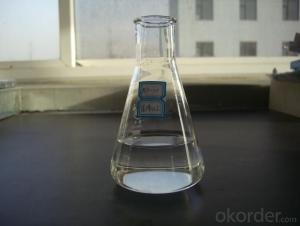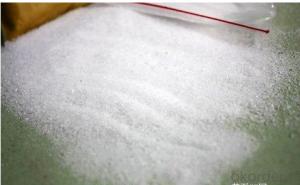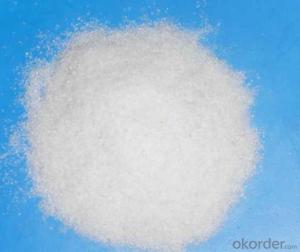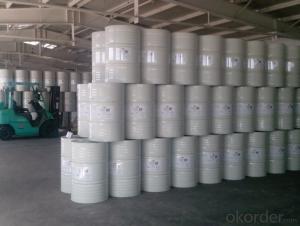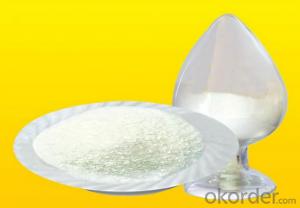All Categories
- - Steel Wire Rod
- - Steel Coils
- - Steel Profiles
- - Steel Pipes
- - Stainless Steel
- - Tinplate
- - Special Steel
- - Steel Sheets
- - Steel Rebars
- - Steel Strips
- - Hot Rolled Steel
- - Cold Rolled Steel
- - Pre-painted Steel
- - Seamless Steel Pipe
- - Welded Steel Pipe
- - Hollow Steel Tubes
- - Galvanized Pipe
- - Stainless Steel Coil
- - Stainless Steel Sheet
- - Stainless Steel Plate
- - Stainless Steel Strips
- - Electrolytic Tinplate Coil
- - Electrolytic Tinplate Sheet
- - Stainless Steel Rebars
- - Solar Panels
- - Solar Water Heater
- - Solar Related Products
- - Solar Inverter
- - Solar Cells
- - Solar Light
- - Solar Energy Systems
- - Solar Controllers
- - Solar Mounting System
- - Solar Pump
- - Solar Chargers
- - Fiberglass Chopped Strand
- - Fiberglass Mesh Cloth
- - Composite Pipes
- - FRP Pultrusion Profiles
- - Fiberglass Mat Tissue
- - Fiberglass Fabrics
- - Fiberglass Mesh
- - Composite Tank
- - Fiberglass Mesh tape
- - Polymer
- - FRP Roofing Panel
- - Fiberglass Roving
- - Monolithic Refractories
- - Ceramic Fiber Products
- - Refractory Bricks
- - Raw Materials For Refractory
- - Suspended Platform
- - Cranes
- - Concrete Machinery
- - Earthmoving Machinery
- - Building Hoist
- - Road Building Machinery
- - Plastic Pipe Fittings
- - Plastic Tubes
- - Plastic Sheets
- - Agricultural Plastic Products
- - Plastic Nets
 All Categories
All Categories
Q & A
What are the key characteristics of conducting polymers?
Conducting polymers are a unique class of polymers that possess several key characteristics. Firstly, they have the ability to conduct electricity, which sets them apart from traditional polymers that are insulators. This conductivity arises from the presence of delocalized pi electrons within their molecular structure. Secondly, conducting polymers are inherently flexible, lightweight, and can be easily processed into various shapes, making them suitable for applications in flexible electronics and wearable devices. Additionally, they exhibit a high degree of tunability, allowing for the modification of their electrical, optical, and mechanical properties through chemical or electrochemical doping. Lastly, conducting polymers have the potential for reversible redox reactions, enabling them to function as electroactive materials in batteries, supercapacitors, and sensors. Overall, these key characteristics make conducting polymers highly versatile and promising materials in the field of advanced electronics and energy storage.
What are the main concerns regarding plastic pollution?
The main concerns regarding plastic pollution include its detrimental impact on marine life, ecosystems, and human health, as well as its contribution to climate change and the depletion of natural resources. Plastic waste can harm marine animals through ingestion and entanglement, disrupt ecosystems by altering habitats and food chains, and release toxic chemicals when it breaks down. Additionally, the production and disposal of plastic contribute to greenhouse gas emissions and contribute to the depletion of fossil fuels.
What are the challenges associated with recycling polymers?
One challenge associated with recycling polymers is the complexity of the recycling process itself. Polymers come in various types and forms, and each requires different techniques for effective recycling. Sorting and separating different types of plastics can be labor-intensive and time-consuming.
Another challenge is the contamination of recycled polymers. Polymers often get contaminated during the sorting and collection process, making it difficult to achieve the desired level of purity for recycling. Contaminants such as food residue, dirt, or other non-recyclable materials can affect the quality of the recycled polymer.
Additionally, the lack of infrastructure for polymer recycling poses a challenge. Many areas do not have proper recycling facilities or programs in place to handle the volume of polymer waste generated. This leads to a limited capacity for recycling and can result in a significant amount of plastic waste ending up in landfills or the environment.
Lastly, the economic viability of recycling polymers is a challenge. The cost of recycling polymers is often higher than producing new plastic, making it less financially attractive for businesses. This can hinder the growth and scalability of polymer recycling initiatives.
Addressing these challenges requires investments in research and development to improve recycling technologies, better waste management systems, and increased awareness and participation from individuals and businesses to promote sustainable recycling practices.
What is the role of plasticizers in polymers?
The role of plasticizers in polymers is to improve their flexibility, durability, and processability by reducing the intermolecular forces and increasing the free volume between polymer chains.
Wholesale Polymer from supplier in Jordan
We have a team of experienced professionals who can assist you with sales, quotations, and technical support for all your Polymer needs. Whether you are looking for raw materials, finished products, or specialized solutions, we can provide you with reliable and cost-effective options.
As a subsidiary of CNBM, one of the largest building materials companies in the world, we have access to a vast network of suppliers and manufacturers. This allows us to offer a wide range of Polymer products, including but not limited to, PVC, PTFE, polyethylene, and polystyrene.
Our market experience in Jordan enables us to understand the unique challenges and opportunities in the region. We have built strong relationships with local suppliers and customers, allowing us to provide valuable insights and support to our clients.
By partnering with us, you can benefit from our extensive product knowledge, competitive pricing, and excellent customer service. We are committed to meeting your specific requirements and ensuring your satisfaction.
In addition to our Polymer products and services, we also offer logistics and supply chain management solutions. We can assist you with transportation, customs clearance, and warehousing, ensuring the smooth delivery of your Polymer products to your desired location in Jordan.
Whether you are a construction company, a manufacturer, or a distributor, we are ready to support your Polymer procurement needs in Jordan. Contact us today to discuss how we can assist you in achieving your business goals in this dynamic and promising market.
As a subsidiary of CNBM, one of the largest building materials companies in the world, we have access to a vast network of suppliers and manufacturers. This allows us to offer a wide range of Polymer products, including but not limited to, PVC, PTFE, polyethylene, and polystyrene.
Our market experience in Jordan enables us to understand the unique challenges and opportunities in the region. We have built strong relationships with local suppliers and customers, allowing us to provide valuable insights and support to our clients.
By partnering with us, you can benefit from our extensive product knowledge, competitive pricing, and excellent customer service. We are committed to meeting your specific requirements and ensuring your satisfaction.
In addition to our Polymer products and services, we also offer logistics and supply chain management solutions. We can assist you with transportation, customs clearance, and warehousing, ensuring the smooth delivery of your Polymer products to your desired location in Jordan.
Whether you are a construction company, a manufacturer, or a distributor, we are ready to support your Polymer procurement needs in Jordan. Contact us today to discuss how we can assist you in achieving your business goals in this dynamic and promising market.
Hot Search
- Fiberglass Chopped Strand in Eritrea
- Fiberglass Mesh Cloth in Afghanistan
- Composite Pipes in Nicaragua
- FRP Pultrusion Profiles in Mauritius
- Fiberglass Mat Tissue in Bahrain
- Fiberglass Fabrics in Malaysia
- Fiberglass Mesh in Venezuela
- Composite Tank in Bulgaria
- Fiberglass Mesh tape in Benin
- Polymer in Serbia
